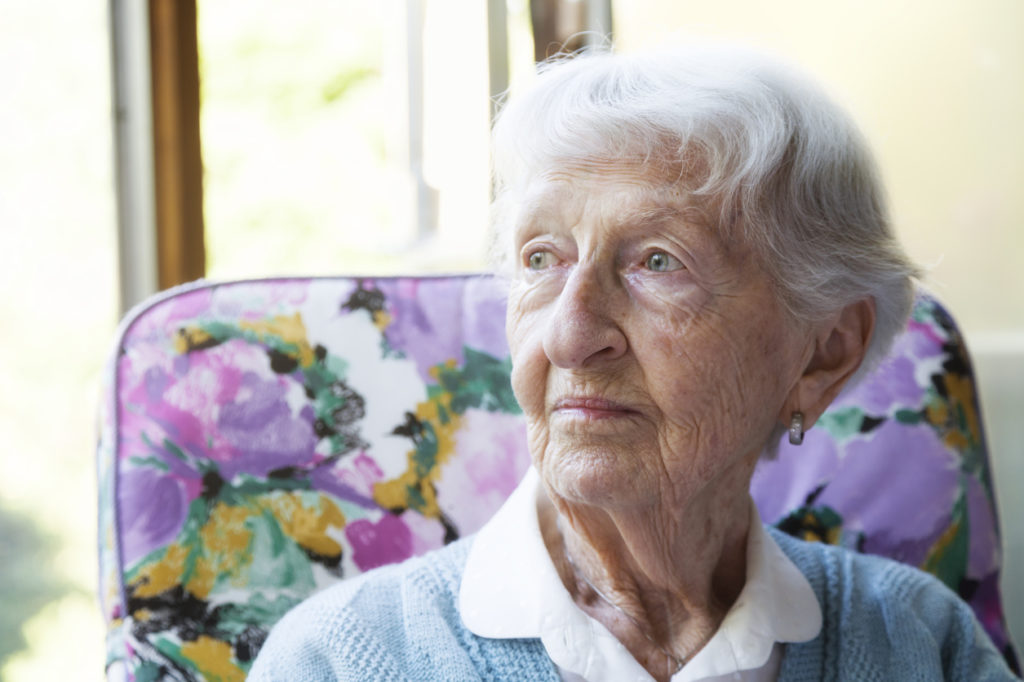A visit with Mom recently brought to light a number of unsettling signs. Although she has always been up at the crack of dawn, now it’s difficult to wake her before lunchtime. Instead of preparing a hearty home-cooked meal, she prefers to merely warm up a can of soup; and she can barely finish a small bowl. Additionally, she has lost interest in enjoying time with her best friends from the neighborhood. Might she be struggling with dementia or depression?
There are a few similarities between the two, including:
- Eating and sleeping pattern changes
- Reduced interest in formerly enjoyed activities and hobbies, and spending time with others
- Reduced memory and the ability to focus
There are, however, a number of telltale differences to help identify whether depression or dementia could be at play:
Dementia:
- A slow, progressive decline in mental functioning
- Trouble with short-term memory
- Noticeable difficulties with motor and/or language skills
- Struggles with memory, without being aware of these problems
- Confusion in knowing the current date, time, and surroundings
Depression:
- A more rapid decline in mental functioning
- Difficulties with concentrating
- Slightly slower, but still normal motor and language functioning
- Challenges with memory issues, but being aware of the challenges
- Awareness of present date, time and environment
Sometimes, both conditions can impact a person at the same time. Brent Forester, MD, director of the mood disorders division in the geriatric psychiatry research program at McLean Hospital in Belmont, MA, shares, “40 to 50% of people with Alzheimer’s disease get depression, but depression also may be a risk factor for Alzheimer’s.”
If you suspect either depression or dementia in a senior family member, arrange for an appointment as soon as possible with his/her doctor. Receiving a correct diagnosis and starting a treatment plan is essential.
Assistance for depression might include an antidepressant along with professional counseling, or hospitalization if the challenges are severe and require more intensive treatment. Dementia care usually involves medications that help with specific symptoms, such as sleep problems, memory loss, or changes in behavior.
If a senior you love has been diagnosed with either depression or dementia, or struggles with any other challenges of aging, Compassionate Care Home Health Services can help. With our full range of home care services, including companionship, preparing meals, errands, housekeeping, transportation, personal care services, and specialized Alzheimer’s and dementia care, we’re here for whatever particular needs your loved one is facing. Contact us at 877.308.1212 to find out more about our dementia care in Saginaw and the surrounding communities and to arrange for a free in-home consultation.

